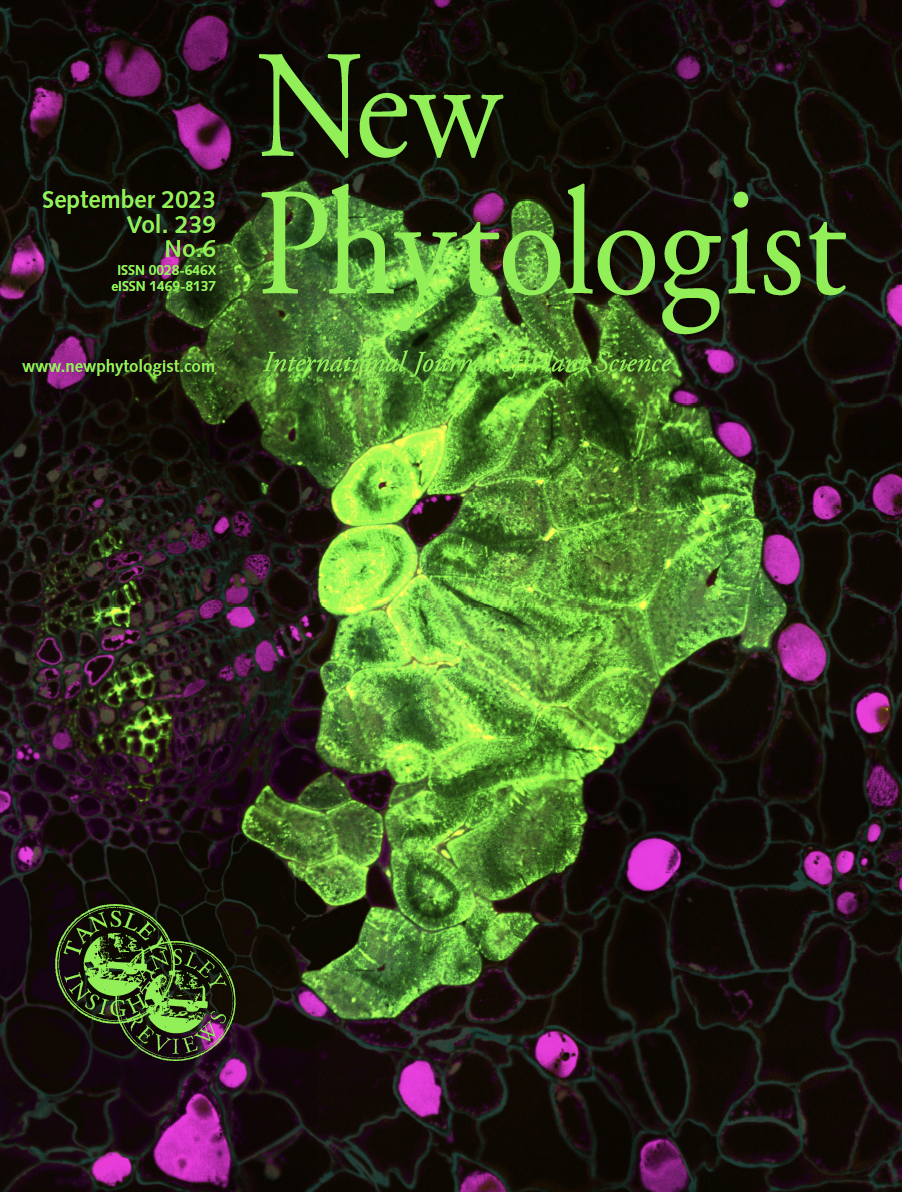Departments
- Michael Smith Laboratories
- Department of Botany
- Department of Forest and Conservation Sciences
- Genome Sciences and Technology (GSAT) Graduate Program
- Wine Research Centre, Associate Member
Professional Profile
- Ph.D., Technical University Braunschweig, Germany (1995)
- Feodor Lynen Postdoctoral Fellow of the Alexander von Humboldt Foundation, Washington State University, Pullman, USA (1995-1998)
- Research Scientist, Max Planck Institute Jena, Germany (1998-2000)
Research Area
Plants are sessile organisms which have the ability to survive under constantly changing environmental conditions over lifespans of several weeks to hundreds of years. To cope with biotic or abiotic stress, plants have evolved a complex specialized metabolism which contains hundreds of thousands of unique small molecules. Many of these bioactive molecules have beneficial applications for humans. Through genomic, proteomic, metabolomic and biochemical approaches our laboratory is exploring two aspects of plant specialized metabolism:
- The role it plays in plant defense
- How its genes and enzymes can be prospected for metabolic engineering of high-value bioproducts.
The foundation of our research program has concentrated primarily on the terpenoid pathway, including the large gene families of terpene synthases (TPS) and cytochrome P450s, and more recently extended into phenolic pathways. The first major stream of our research program combines forest health genomics and chemical ecology to better understand the ecological, biochemical, and molecular interactions that underlie conifer defense and resistance mechanisms against insect pests and insect-associated fungal pathogens. This research has resulted in the production of new conifer and pest genomic resources, the identification of new marker systems for tree breeding, and advanced knowledge to inform government decision making and policies in forest pest management. The long-term goal and outcome is the protection of global health of forests beginning with applications in Canada in partnership with provincial and federal government organizations.
The second major stream of our program combines an integrated –omics strategy to discover genes and enzymes involved in the biosynthesis of high-valued plant bioproducts. This research has successfully developed a gene discovery strategy for non-model species, generating transcriptome resources for many non-model species, and has produced a large portfolio of enzymes for bioproduct development. Applications are being realized in partnership with the biotech industry.
Research Questions
- How can we utilize the metabolomic diversity of plants to improve human and environmental health?
- How do plants produce the diversity of hundreds of thousands of specialized molecules?
- How do plants use specialized metabolites to interact with other organisms?
Research Keywords
Biochemistry, genomics, translation, systems biology, enzymology, evolution, synthetic biology, agriculture, bioproducts, plant biology, metabolomics, science education, natural products, forestry, metabolic engineering
Publication Highlights:
 |
To learn more about the Bohlmann Lab, please visit bohlmannlab.msl.ubc.ca.
